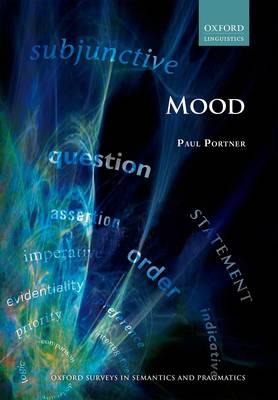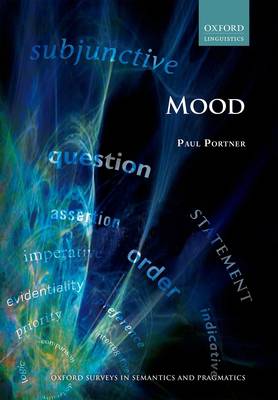
- Retrait gratuit dans votre magasin Club
- 7.000.000 titres dans notre catalogue
- Payer en toute sécurité
- Toujours un magasin près de chez vous
- Retrait gratuit dans votre magasin Club
- 7.000.0000 titres dans notre catalogue
- Payer en toute sécurité
- Toujours un magasin près de chez vous
Description
This book presents the essential background for understanding semantic theories of both verbal mood and sentence mood. Paul Portner evaluates and compares the theories, draws connections between seemingly disparate approaches, and highlights the most significant insights in the literature to provide a clearer understanding of how mood works.
Spécifications
Parties prenantes
- Auteur(s) :
- Editeur:
Contenu
- Nombre de pages :
- 294
- Collection :
Caractéristiques
- EAN:
- 9780199547531
- Date de parution :
- 04-01-18
- Format:
- Livre broché
- Dimensions :
- 246 mm x 173 mm
- Poids :
- 546 g

Les avis
Nous publions uniquement les avis qui respectent les conditions requises. Consultez nos conditions pour les avis.






